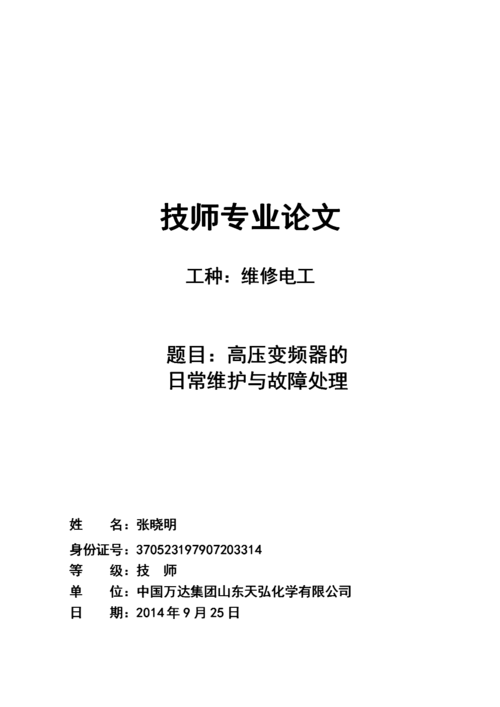TheHighsandLowsofEuropeanChampionshipDefeats:AComprehensiveAnalysis
Introduction
The UEFA European Championship, commonly referred to as the Euros, is a prestigious international football competition contested by the men's national teams of the member associations of UEFA. Since its inception in 1960, the tournament has witnessed numerous triumphs and heartbreaks, with each edition adding to the rich tapestry of football history. This article delves into the analysis of defeats in the Euros, exploring the teams, the matches, and the circumstances that have contributed to these losses.
Historical Overview of Defeats in the Euros

The Euros have been a stage for both the celebrated and the underdogs to showcase their skills and compete for glory. Over the years, several teams have experienced the bitter taste of defeat, some more than others. As of the 2020 edition, Germany and Spain lead the pack with three titles each, while teams like England and the Netherlands have had to settle for less, with their only triumph coming in 1966 and 1988, respectively.
The Impact of Defeats on Teams and Nations
Losing in the Euros can have profound effects on the morale of the teams and the sentiments of the fans. For instance, the English national team's loss in the semifinals of the 2020 Euros to Italy sparked a national debate on the team's performance and the psychological barriers that seem to hinder their success in major tournaments. Similarly, the Dutch team's failure to qualify for the 2016 Euros was a significant blow, leading to a period of introspection and rebuilding for the national side.
Notable Defeats in Euros History
Several matches stand out in Euros history for their dramatic outcomes and the impact they had on the teams involved. The 2004 final, where underdog Greece defeated the heavily favored Portugal, is a classic example of an unexpected defeat that shook the football world. Another memorable defeat was the semifinal of the 1996 Euros, where England lost to Germany on penalties, a match that has since been etched in the collective memory of English football fans.
Analysis of Defeat Patterns
A closer look at the patterns of defeats in the Euros reveals certain trends. Teams that are considered favorites often succumb to the pressure of expectations, while underdogs sometimes thrive in the absence of such burdens. Additionally, the format of the tournament, which has evolved over the years, has also influenced the number and nature of defeats. The expansion of the tournament from eight teams in the early years to 24 teams in recent editions has provided more opportunities for upsets and unexpected defeats.
The Role of Tactics and Strategy in Defeats
Tactical decisions and strategic planning play a crucial role in the outcome of matches. Coaches and managers are often scrutinized for their choices, especially in matches where their teams suffer defeats. For example, the decision to play a high defensive line in the 2012 Euros led to Italy's heavy defeat against Spain in the final, a match that saw them concede four goals.
The Psychological Aspect of Defeats
The psychological impact of defeats cannot be underestimated. Teams that experience a significant loss in the Euros often face a period of rebuilding, both in terms of personnel and mentality. The ability to bounce back from a defeat and learn from it is a key factor in determining a team's resilience and future success.
Conclusion
In conclusion, defeats in the Euros are an integral part of the tournament's narrative, shaping the stories of teams and nations alike. While the victories are celebrated, the defeats provide lessons and opportunities for growth. As the Euros continue to captivate audiences around the world, the analysis of these defeats offers valuable insights into the dynamics of international football and the factors that contribute to success and failure on the grandest stage of European football.










